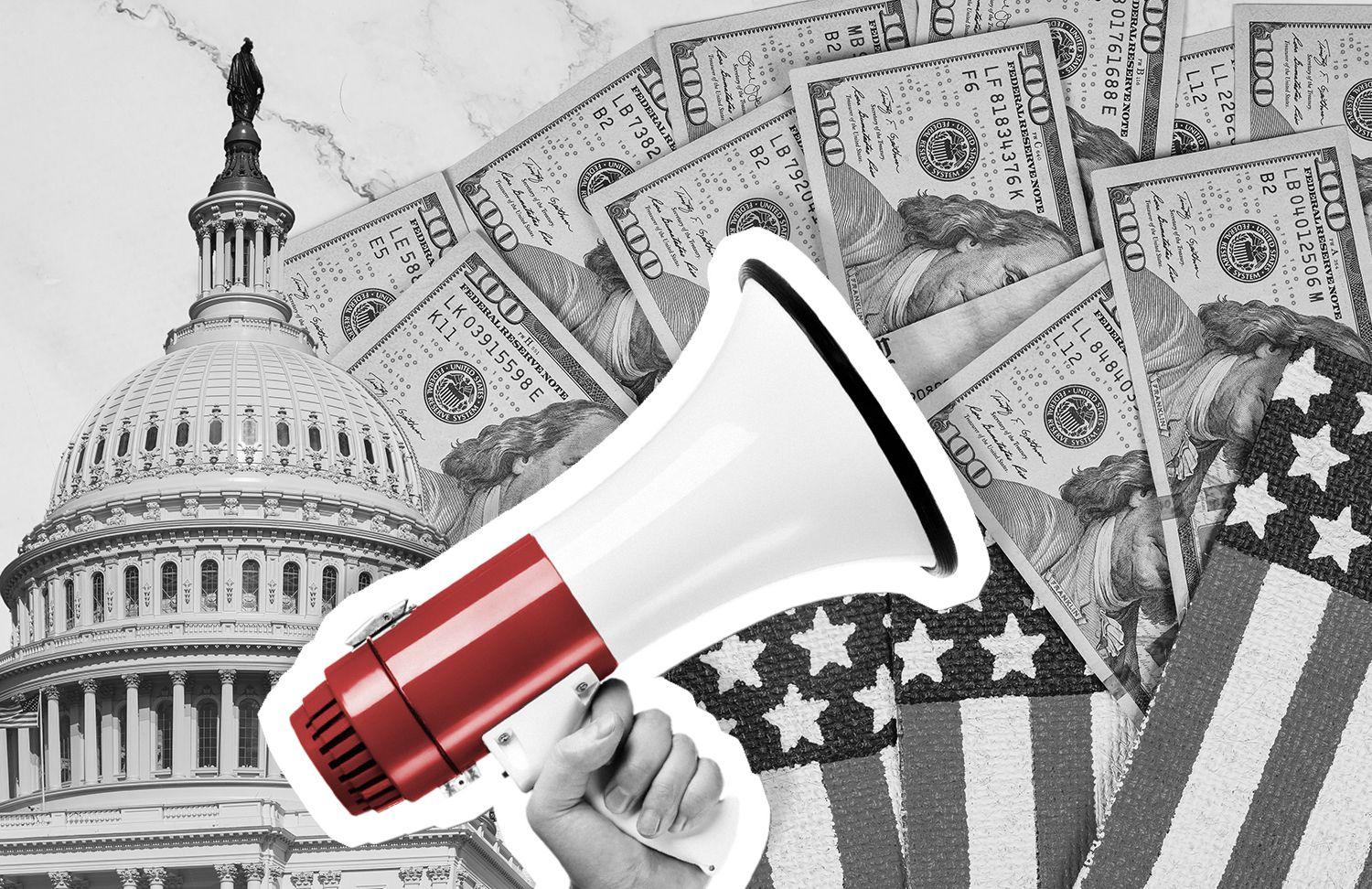Will the Government Rescue Us?

The following was written in reply to Andrew Aziz’s September 29 e-mail to the community titled “Will the Government Rescue Us?” Andrew graciously requested if it could be shared with the BBT community and I am happy to comply.
When the Federal Reserve was established in 1913 its mandate was to enhance the stability of the banking system. The Fed was created by banks for banks, and not surprisingly given then history of banking panics at the time (and, in my view, the fact that John Pierpont Morgan was tired of being put in the position of having to act like a central bank himself), Congress went along. [For those who may be interested, The Creature from Jekyll Island: A Second Look at the Federal Reserve by G. Edward Griffin contains a very good account of the creation of the Fed].
Congress bestowed the dual price stability and full employment mandates on the Fed in 1977. One important thing that I think many market participants have failed to understand, especially those who keep anticipating a “pivot”, is that the Fed believes (and rightly so, in my view) that price stability is a necessary precondition to achieving / maintaining the second mandate of full employment. Thus, at the moment the Fed really only has one effective mandate, price stability, and until they are confident that they have achieved price stability there will be no pivot. One of the lessons of the 1970’s is that inflation is like Smokey Bear’s warnings about campfires - you can’t relax until all the embers are out and it’s cool to the touch because if you let your guard down too early it can flair up again. Being a Volcker devotee Jay Powell understands this. While some intermediate-term improvement in the inflation data may lead to a pause in tightening, it will take some pretty convincing longer-term evidence that inflation has truly been tamed to induce an actual loosening in U.S. monetary policy.
The caveat to the above is this: As previously noted, the Fed was created by and for the banks. If there is some development that truly threatens the functioning / survival of the banking system, the Fed will do whatever it takes to save the banking system. I think the BOE smelled that kind of trouble potentially manifesting in the U.K. via the gilt market and pension fund channels, which explains their (presumably temporary) resumption of QE. Unless and until the Fed smells the same in the U.S. they will stay on their tightening path.
For years after the GFC, deflation, not inflation, was the big threat and central banks around the globe were on guard to prevent any decline in an already persistently anemic level of aggregate demand. Ergo, the Fed would bail out the stock market to head off negative wealth effects - and could do so without any worry of causing an inflation problem. That has now all changed due to: the Covid pandemic; geopolitics and the resultant reversal of globalization; underinvestment in the energy space; evolving demographics, and; the fact that MMT (Modern Monetary Theory) has now run up against its ultimate limiting factor - inflation. Now, the Fed desires a decline in aggregate demand and would welcome negative wealth effects. The Fed will bail out the banking system if need be, but not the stock market.
How about the U.S. dollar? Would the Fed intervene in the currency markets to stem, or even reverse, the ascent of the dollar? One should understand that while the Fed’s open market desk is the instrument of U.S. currency market intervention, U.S. dollar policy is under the purview of the Treasury Department, not the Fed, and as such U.S. dollar policy is as much about politics as economics. A strengthening U.S. dollar helps subdue U.S. inflation, so at the moment a strong dollar is in the political interest of the administration. John Connally (U.S. Treasury Secretary under President Richard Nixon) once famously told a meeting of the G-10 that “The dollar is our currency, but it’s your problem”. It is certainly conceivable that the strong dollar may ultimately wreak enough havoc on the rest of the world that the negative effects eventually feed back to the U.S., resulting in some sort of Plaza Accord-type multilateral agreement to address the situation, but unless and until the strong dollar actually becomes an immediate problem for the United States, I don’t see the administration (via the Fed) doing anything about it.
My two cents.
- Steve East
BBT member and former regional investment bank Chief Economist
DISCLAIMER: The views expressed are the opinions of the author and should not be construed as constituting investment or trading advice. Any information herein presented as being factual is believed by the author to be such, however, no guarantees are made as to its accuracy or completeness.
Disclaimer: The content and materials available on this site are not intended to serve as financial, investment, trading, or any other form of advice or recommendation from Trading Terminal.



